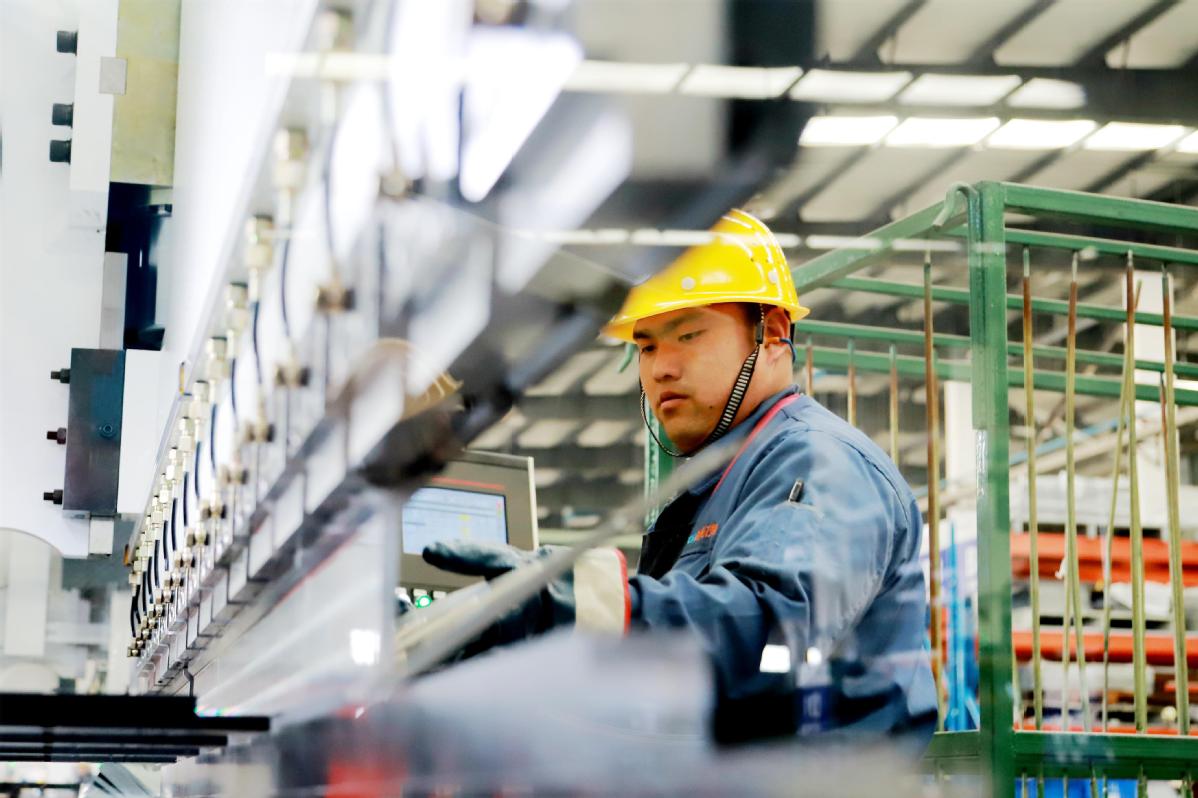Services set to boost growth


Opening-up gets renewed impetus in nation's top economic agenda for next year
The deepening opening-up of the services sector, and rising investor sentiment in the stock market will aid China in achieving stable economic growth next year, analysts said.
A meeting held on Thursday by the Political Bureau of the Communist Party of China Central Committee decided to uphold "speeding up all-around opening-up" as one of the country's major tasks in 2019, according to a statement released after the meeting.
The statement also said China should "expand opening-up at a high level" next year.
By stressing opening-up twice, the statement released following the high-profile meeting implied more related policies are in the pipeline for next year, according to Hua Changchun, chief economist of Guotai Junan Securities.
Hua said future opening-up policies are likely to cover the finance industry and other parts of the services sector, and even some monopolized industries such as energy.
"To offset economic downside risks next year, China should expand its opening-up of the services sector, including the healthcare and education industries, where strong but unsatisfied demand exists," said Zhang Zhiwei, chief China economist at Deutsche Bank.
Foreign service providers' increasing participation in the Chinese market, Zhang said, will unleash the potential of domestic demand and enhance productivity in the domestic services sector, thus buoying the economy.
A slew of financial opening-up policies have come into force this year, including allowing foreign shareholders to control securities firms, fund managers and futures companies in China.
Dong Dengxin, director of the Finance and Securities Institute at Wuhan University of Science and Technology, said the statement implies China's future opening-up will focus on higher quality growth.
"For instance, instead of exporting a large volume of goods with low added-value, China is trying to provide the world with goods with higher quality and more technology innovation," Dong said.
Compared with the political bureau's meeting in October, the meeting decided to add "raise market confidence" as one of the authorities' working objectives, and upheld the objectives of stabilizing employment, the financial market, foreign trade, foreign investment, domestic investment, and expectations.
"Recent economic data showed that market entities - both enterprises and individuals - have become less confident about the economic prospects," said Liu Chunsheng, an associate professor at the Central University of Finance and Economics.
This has made it important to incorporate market confidence as a policy goal, as market entities' confidence dictates many of their decisions relating to investment and consumption, according to Liu.
Tang Yao, an associate professor with Guanghua School of Management at Peking University, regards boosting the stock market as key to raising market confidence.
"As long-term investments enter the market as a result of earlier policy adjustments, the A-share market will help to stabilize expectations," said Tang.
Funds managed by banks' wealth management subsidiaries, and foreign capital brought in by the upcoming London-Shanghai stock connect program will provide more anchor for the market, according to him.
The professors also said investor sentiment, ultimately, relies on economic fundamentals, and the meeting's vow to "innovate and improve macroeconomic regulation" resonated with them.
"The government should launch targeted policies to solve problems faced by different industries and regions, rather than imposing the same policy standards on all circumstances," Liu said.



































